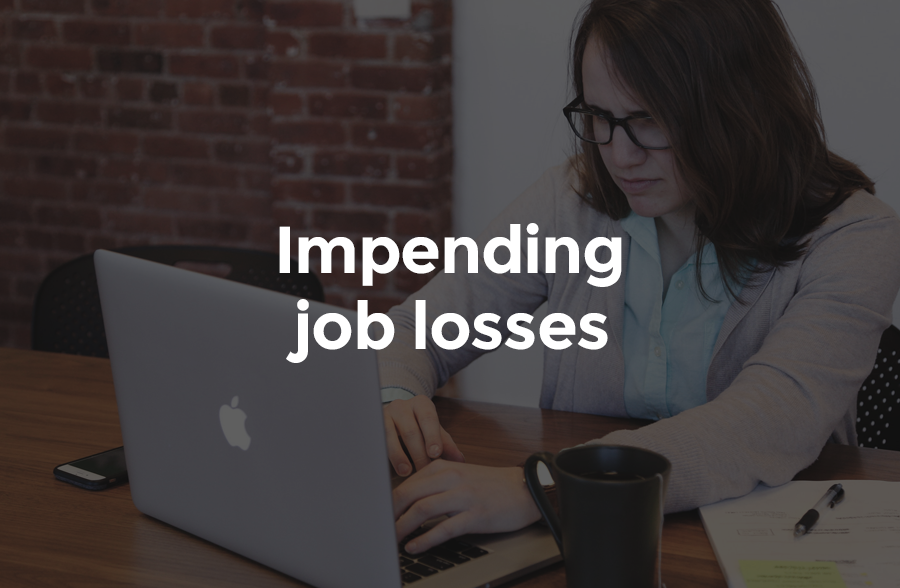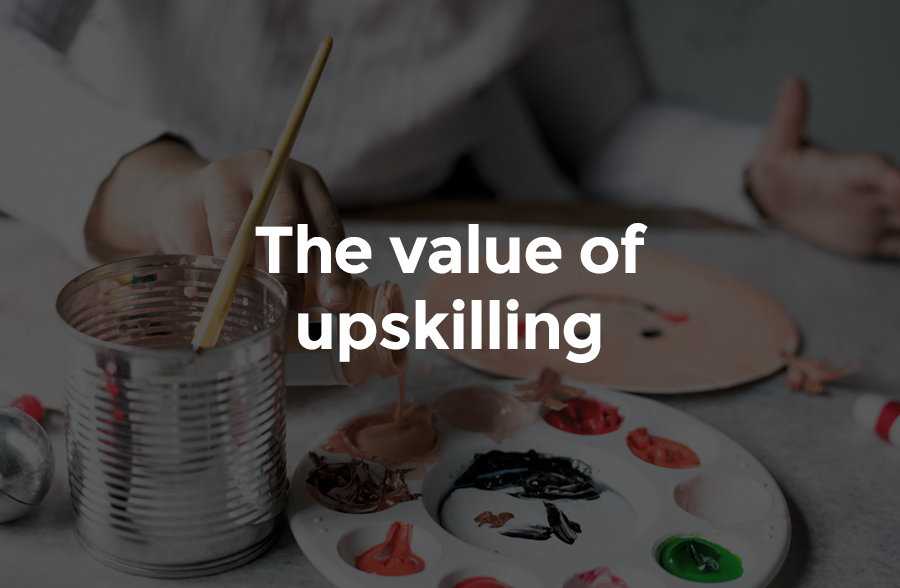Is AI a Threat to BPO Workers?
Artificial intelligence has become an important modern innovation, especially in crucial sectors such as engineering and healthcare. The uptick in the demand for automated systems and tools in these sectors will likely cause the global market for AI-driven software solutions to reach $118.6 billion by 2025, according to Statista.
Not everyone welcomes this as a positive development though. While businesses begin to realize the value automation brings to the bottom line, some experts paint a bleaker future, particularly for the local business process outsourcing industry in the Philippines.

Much of the criticism against AI technology is anchored on the notion that it would significantly reduce employment. On a global scale, automation could lead to the replacement of close to “40% of the world’s jobs,” according to this Fortune article. In addition, AI could also “disrupt entire communities and disproportionately affect low-income workers” as machines begin to assume the roles of chauffeurs, chefs, and telemarketers.
Writing for Iot for All, Leverage.com’s Calum McClelland mentions how the transition to a more automated society “might be a painful one,”, especially for many blue-collar and white-collar workers who will need to adapt to a more digitally-driven environment. Workers in the BPO sector, in particular, will have to face a future where much of their tasks are better off handled by AI.
According to Asian Institute of Management professor Christopher Monterola, over 800,000 workers in the Philippines are on the brink of losing their jobs as AI technology begins to gain ground in the local business landscape. Worse, the Department of Information and Communications Technology expects AI to affect about “48% of employees in the Philippines.”
These observations prove how much of a threat AI has become to workers with specialist skills. And while it’s almost impossible to divert businesses away from automating their activities, several ways could help address this inescapable threat.

Like many inventions before it, AI could be a tool that could help enrich the human workforce by introducing new specialist areas. In this sense, AI will not necessarily get rid of jobs altogether, but it will open up exciting vistas for the current and future labor force.
McClelland’s solution is for us to “invest in the education and infrastructure needed to support people as many current jobs are eliminated and we transition to this new future.”
Focus on tech-intensive fields such as computer science and software engineering should encourage upskilling as a viable strategy for reducing AI’s impact on local talent pools. The Philippine BPO sector, in this case, should prioritize upskilling as an important adaptive strategy.
Upgrading current skills and acquiring new ones is crucial to 49 percent of the country’s labor force, according to Monterola. BPO workers will have to acquire new skills to remain employable.
One thing’s for sure, there are still activities that are best handled by humans. Graphic design and other creative components of digital marketing are just some of the many career options that automation will not replace as these require human creativity.
We know for sure how AI is going to impact the BPO sector. Workers will just have to look for avenues where they can grow professionally and acquire the skills they need to survive the shift toward a more AI-driven world.
The world of BPO is fast-changing and workers in this sector shouldn’t get left behind in terms of skills. For this, look for a company that equips you with the relevant skills to help you in your career path.


